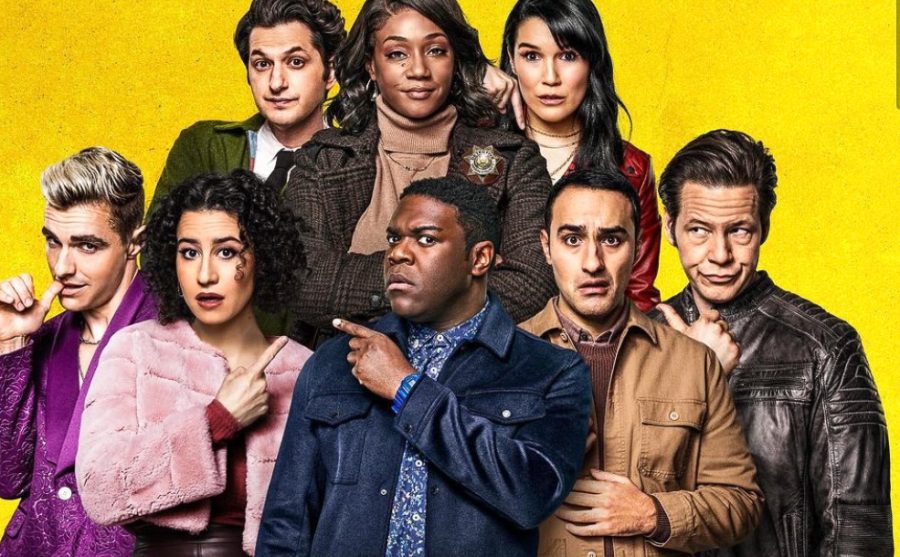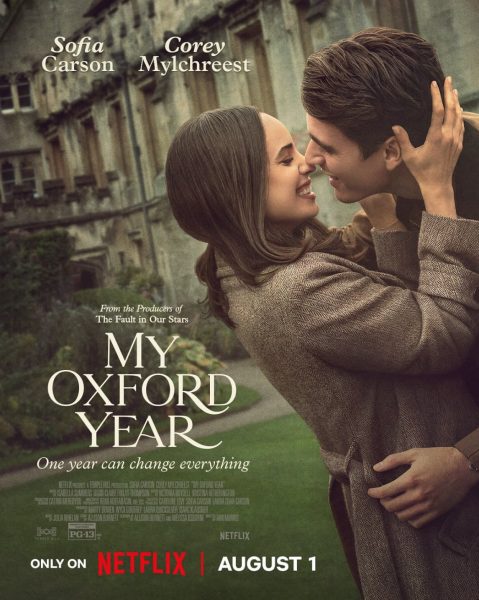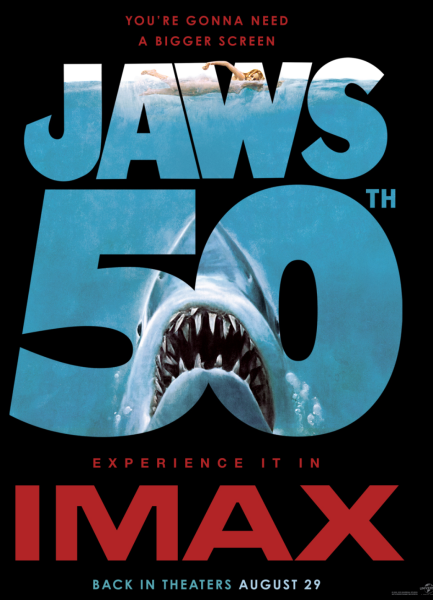Don’t Bother Showing Up to “The Afterparty”
The new series leaves a lot to be desired and misses the mark as a murder mystery despite the promising cast and interesting concept. (courtesy of Twitter)
Following the murder of pop star Xavier (Dave Franco) at a high school reunion afterparty, Detective Danner (Tiffany Haddish) interviews everyone present at the event, asking them to recall their experiences of the night. Each episode follows a different character’s retelling of the night, each one told in a style that mimics a different movie genre. Aniq (Sam Richardson), who came to the party to reconnect with a high school crush, recounts his story like a rom-com, while ex-jock Brett (Ike Barinholtz) recounts his night like an action movie.
The mystery-comedy genre has been gaining traction in the past few years, with shows like “Only Murders in the Building” attracting enormous followings for their amusing twists on the typical murder mystery tropes. While “Only Murders” was more mystery than comedy, “The Afterparty” is definitely more comedy than mystery — and while the mystery here is decent, it’s not as interesting or compelling as other shows of its kind. There’s not the same sense of eager anticipation for each episode like there is in other murder mystery shows.
The show does have its bright moments. Tiffany Haddish shines in the role of quippy homicide detective Danner, and her interjections into the various suspects’ retellings of the event are some of the funniest jokes in the show. Ben Schwartz also brings his signature charm to each episode as aspiring musician Yasper. There are a few moments that will make you laugh out loud (usually involving either Haddish or Schwartz), and there are amusing parodic elements of the different genres.
However, the show never fully takes advantage of its own framing device. Although each story is supposed to mimic a different film genre, it never fully embraces that trope. For example, in Brett’s action-movie-style retelling of the night, there’s an over-the-top fight and a car chase, but the rest of the story is fairly mundane. In fact, it seems like the writers might have realized halfway through the show that it’s difficult to tell a compelling murder mystery while also parodying movies — in later episodes, the jokes fade away, and the final episode doesn’t seem to parody any sort of genre at all. The paradoxical elements they do include are funny, but most of them are common critiques of their respective genres, rarely bringing anything new to the table.
“The Afterparty” also relies on the overused screenwriting cliché that, when each suspect tells their story, everyone listening is able to experience a three-dimensional recreation of exactly what they were doing and seeing. When the case does finally get solved in the last episode, the evidence is based on minute details that never would have been mentioned in a real police interrogation — they’re just too specific. If all the characters really did go into that much detail about their night, each interrogation should have taken about twelve hours, but we’re expected to believe that the entire show takes place over a single night.
The hyperspecificity of the details also makes it impossible for any viewer to solve the mystery. One of the best parts of watching a murder mystery is forming your own theories about the suspects, but the clues in “The Afterparty” are so slight that it’s almost impossible to speculate who might have done it, never mind solve the case.
Each character is also brutally honest in their retelling of the night, to the point of being ridiculous. While there are a few exaggerations played for laughs, we’re supposed to believe that each character recounts their night with absolute honesty, omitting no embarrassing details and not trying to make themselves look better in any way. It would be much funnier (and more interesting) had each narrative been different, reflecting how different people perceived themselves and others. For the most part, however, the dialogue and action are identical throughout each retelling of the night, seeming to imply that every character has complete, error-free recall.
While it gets a few laughs, “The Afterparty” fails to live up to the potential promised by what was a highly amusing premise. The main problem with the show is that it wants to have its cake and eat it too: it wants to be an amusing parody tale with unreliable narrators, but also a compelling murder mystery that relies on cold hard facts. There are some funny jokes and memorable performances, but all in all, this is one afterparty you can feel free to skip.

Michael Sluck is a senior from New Jersey majoring in political science and computer science. He has been copy editing for The Fordham Ram for the entirety...













































































































































































































